
Absolutely BEST Foods to Detox Your Kidneys
When it comes to your diet, unless you are aware of existing kidney problems, it’s likely you don’t pay much attention to which foods could be beneficial or harmful to your kidneys. However, even if you do have kidney disease or any kidney-related issues, you might not always be aware of or adhere to the best diet for supporting kidney function on a daily basis.
The Best Foods to Detoxify and Protect Your Kidneys | 10 Foods to Cleanse Your Kidneys
The strictness of your meal plan really depends on the stage of kidney disease you are dealing with. It is crucial to understand which foods to avoid and which ones you should incorporate to assist your kidneys in functioning optimally.
Your kidneys are essential organs responsible for regulating fluid and electrolyte balance in your body, as well as removing waste from your bloodstream. If you are dealing with kidney disease, it means your kidneys are not performing at their full capacity. Consuming nutrients that your kidneys struggle to process, such as protein, sodium, potassium, and phosphorus, can further harm these vital organs.
Moreover, neglecting to follow a kidney-friendly diet can lead to additional health issues, such as elevated blood pressure, increased protein in your urine, weaker bones, and even cardiovascular disease. This happens because, when your kidneys aren’t functioning properly, waste and excess fluid start to accumulate in your body, leading to a host of health problems over time.
A kidney-friendly meal plan typically involves limiting the intake of certain minerals and fluids. This helps prevent the buildup of waste and fluid, thus avoiding further complications.
So, how do you know what to eat to keep your kidneys healthy?
In this article, we will explore the 10 best foods to detoxify your kidneys and promote kidney health. Additionally, we will point out the worst foods you should avoid if you have kidney problems.
If you have any kidney issues, it’s always a good idea to consult your healthcare provider for specific guidance on which foods and drinks are best suited to your condition and treatment plan.
Let’s start with Number 10: Fish and Meat.
When it comes to a balanced diet for kidney health, you can certainly include fish and meat. These foods provide high-quality protein, which is essential for tissue repair and regeneration, particularly when your kidneys are damaged and in need of healing. This is especially important for individuals experiencing stages 3 and 4 of chronic kidney disease (CKD), as they need to consume between 60 to 80 grams of protein per day to get the necessary amino acids for kidney repair—without overloading the kidneys with nitrogen waste.
Fatty fish such as salmon, mackerel, sardines, and herring, which are rich in omega-3 fatty acids, can be particularly beneficial. Omega-3s are known for their anti-inflammatory properties, and research has shown that they can help reduce the amount of protein in the urine, a common issue associated with kidney disease.
In contrast, red meat should be consumed in moderation, as it contains saturated fats that can worsen kidney problems if consumed in excess. Opting for lean meats, such as skinless chicken, and keeping portion sizes in check will ensure you’re getting the necessary nutrients without overburdening your system with excess waste.
Processed meats are generally high in sodium, which can be harmful to kidney health. Instead, choose fresh cuts of meat and season them with herbs such as garlic or ginger to add flavor without the extra salt.
If you choose to supplement your diet with fish oil to reduce inflammation, make sure you select a high-quality omega-3 fish oil.
Next up: Number 9: Egg Whites.
Egg whites are an excellent addition to a kidney-friendly diet. They are packed with high-quality protein but contain significantly less phosphorus compared to whole eggs. Consuming only the whites allows your body to use the protein without producing excessive waste, making them an ideal choice for kidney health. Egg whites are versatile and can be incorporated into various dishes or eaten on their own, giving you plenty of options to maintain a kidney-friendly diet while still enjoying delicious food.
Coming in at Number 8: Olive Oil.
Healthy fats are essential not only for your heart but also for your kidneys. Olive oil, which is rich in vitamin E and primarily contains unsaturated fats, is an excellent option for people with kidney disease. It’s free from phosphorus, making it a suitable choice for kidney health. Most of the fat in olive oil is oleic acid, which has anti-inflammatory properties. Additionally, monounsaturated fats in olive oil are stable at high temperatures, making it a safe and healthy choice for cooking. Opt for extra virgin olive oil when making salads, marinades, or sautéing dishes, as it contains higher levels of antioxidants.
Moving on to Number 7: Cabbage.
Cabbage is not only tasty and affordable but also packed with nutrients that benefit both your kidneys and digestive system. It comes in different varieties, including green, red, napa, savoy, and bok choy. Cabbage is rich in calcium, vitamin K, vitamin C, fiber, manganese, vitamin B6, and folate. This leafy vegetable helps maintain healthy red blood cell production, which is crucial for those with kidney problems. Additionally, cabbage is low in both phosphorus and potassium—two minerals you need to keep an eye on when managing kidney disease.
Cabbage can be enjoyed raw, steamed, or fermented into sauerkraut, offering multiple ways to incorporate it into your meals.
At Number 6: Apple Cider Vinegar.
Apple cider vinegar (ACV) is a great ally in protecting your kidneys by preventing oxidative stress. It boosts your body’s antioxidants, helping to maintain kidney health. ACV also aids in balancing blood sugar levels and lowering blood pressure, creating an optimal environment for kidney function. The citric acid in ACV can even assist in dissolving kidney stones, helping to flush toxins from your kidneys. However, it’s important to consume ACV in moderation and dilute it with water before drinking to avoid potential harm.
Next is Number 5: Cauliflower and Broccoli.
Cauliflower and broccoli are powerful kidney-friendly vegetables. These cruciferous vegetables are rich in antioxidants, including vitamins C and K, calcium, iron, and magnesium. They are packed with fiber and provide anti-inflammatory, anti-viral, and anti-bacterial benefits. Eating more fiber is especially important for people with kidney issues, as it helps maintain a healthy gut microbiome and reduces excess acidity and inflammation in the blood and tissues. Cauliflower and broccoli are highly versatile and can be steamed, roasted, or added to stews and soups.
At Number 4: Berries.
Berries, especially blueberries, are loaded with antioxidants, making them an excellent choice for kidney health. They are low in phosphorus, potassium, and sodium, which makes them ideal for a kidney-friendly diet. Berries also help reduce inflammation and support urinary tract health. Raspberries, in particular, are low in sugar—containing only five grams of sugar per 100-gram serving—making them a perfect choice for regulating blood sugar levels while promoting kidney health.
Cranberries are especially known for their ability to help prevent urinary tract infections by preventing bacteria from adhering to the walls of the urinary system. However, be cautious about consuming cranberry products with added sugars.
Number 3: Bell Peppers.
Bell peppers are a great addition to a kidney-friendly diet due to their low potassium, phosphorus, and sodium content. They are high in vitamins C and A, which are crucial for supporting a healthy immune system, particularly for those with kidney disease who may have a compromised immune function. Bell peppers are incredibly versatile and can be used in a wide variety of dishes, such as stuffed peppers, fajitas, omelets, and salads.
At Number 2: Pineapple.
Pineapple is a delicious and healthy fruit for those with kidney conditions. It is lower in phosphorus, potassium, and sodium compared to other fruits like oranges, bananas, or kiwis. Pineapple is also a good source of fiber, vitamin A, and bromelain, an enzyme with powerful anti-inflammatory properties. Bromelain helps break down large proteins that may be clogging your organs, aiding in better circulation and overall kidney function.
And finally, Number 1: Garlic, Ginger, and Turmeric.
Garlic, ginger, and turmeric are all natural powerhouses for kidney health. These three ingredients are rich in anti-inflammatory properties and offer antibacterial effects that help cleanse your body. Garlic is known for its ability to combat urinary tract infections, ginger helps stimulate urine production and flush toxins, and turmeric can potentially protect and even reverse existing kidney damage due to its strong antioxidant effects.
You can add minced garlic to pasta sauces, grate fresh ginger into stir-fries, or sprinkle turmeric on roasted vegetables to enhance the flavor of your meals while boosting kidney health.
In addition to these kidney-friendly foods, it’s important to avoid certain foods, especially if you already have kidney disease.
Refined foods, junk foods, high-sugar foods, and high-carb foods should be avoided, as they can all contribute to kidney damage. If you’re in the later stages of CKD, it’s essential to limit foods high in potassium, phosphorus, sodium, and protein, as your kidneys may already be struggling to handle these minerals and nutrients.
Foods to avoid include dried beans, peas, dairy products, nuts, bananas, red meat, processed meats, sweet potatoes, tomatoes, and avocados. However, consuming fruits and vegetables in moderation can help reduce inflammation and address the root causes of kidney disease.
The three most common causes of chronic kidney disease are diabetes, hypertension, and kidney inflammation. These conditions are interrelated, as chronic low-grade inflammation often lies at the heart of kidney problems. To manage chronic inflammation effectively, it’s crucial to follow an anti-inflammatory diet.
News in the same category

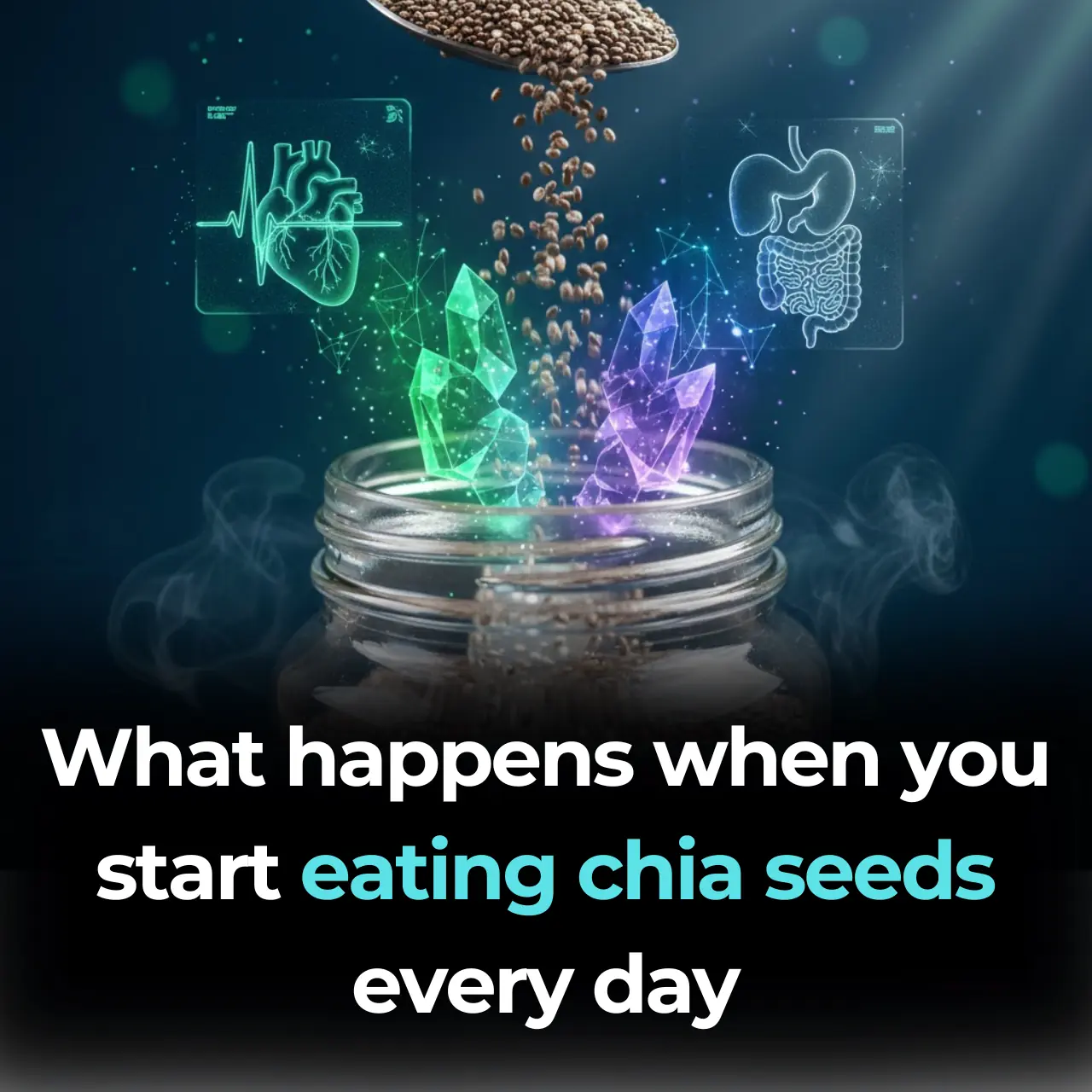
What happens when you start eating chia seeds every day

Why You Should Stop Using Petroleum Jelly On Your Skin (It’s a Byproduct of the Petroleum Manufacturing Process)
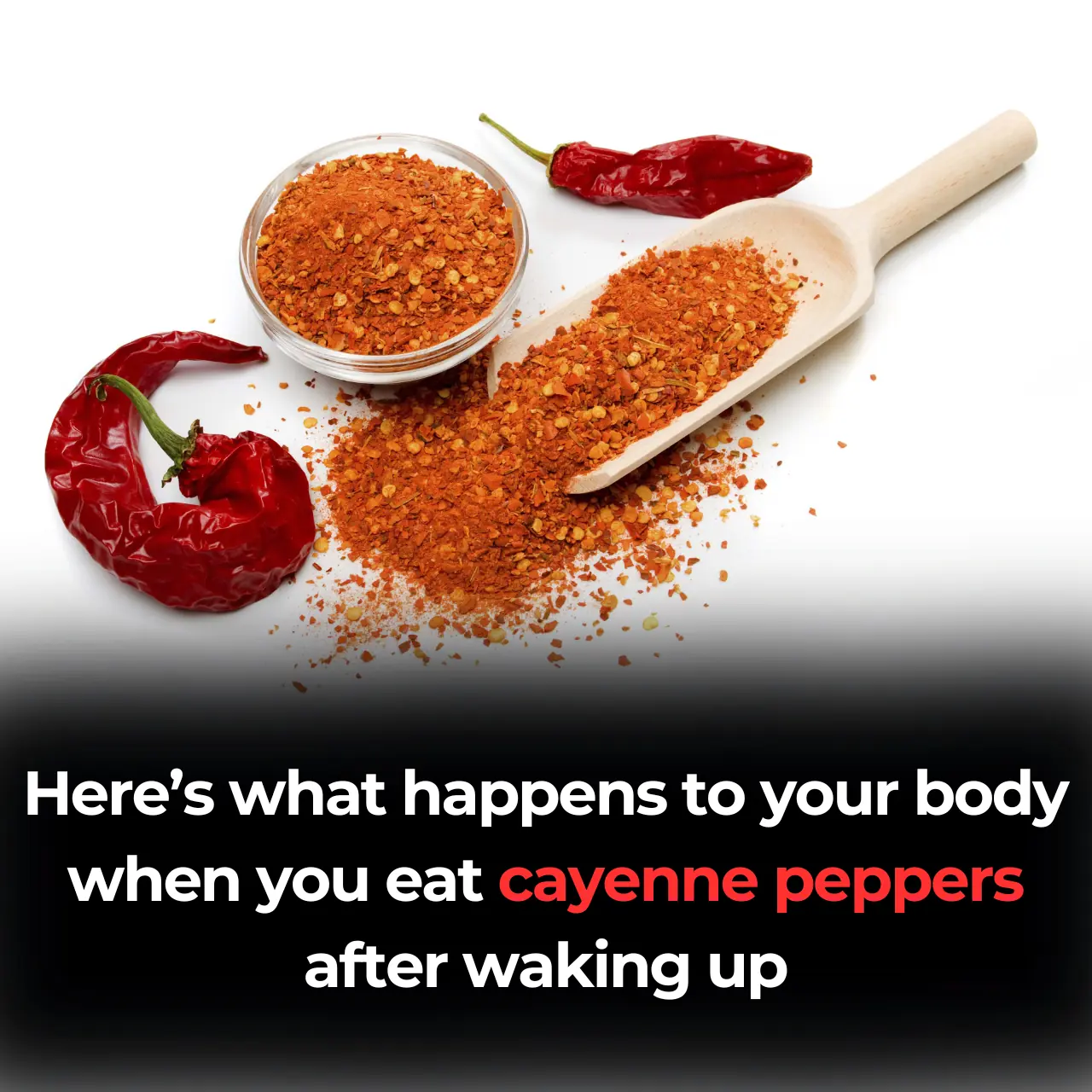
Scientifically Proven Health Benefits of Cayenne Pepper

Low levels of this key brain nutrient may be fueling your anxiety

A Nurse Who Has Witnessed The Final Moments Of More Than 300 People Has Revealed What She Has Learned From Being By Their Side
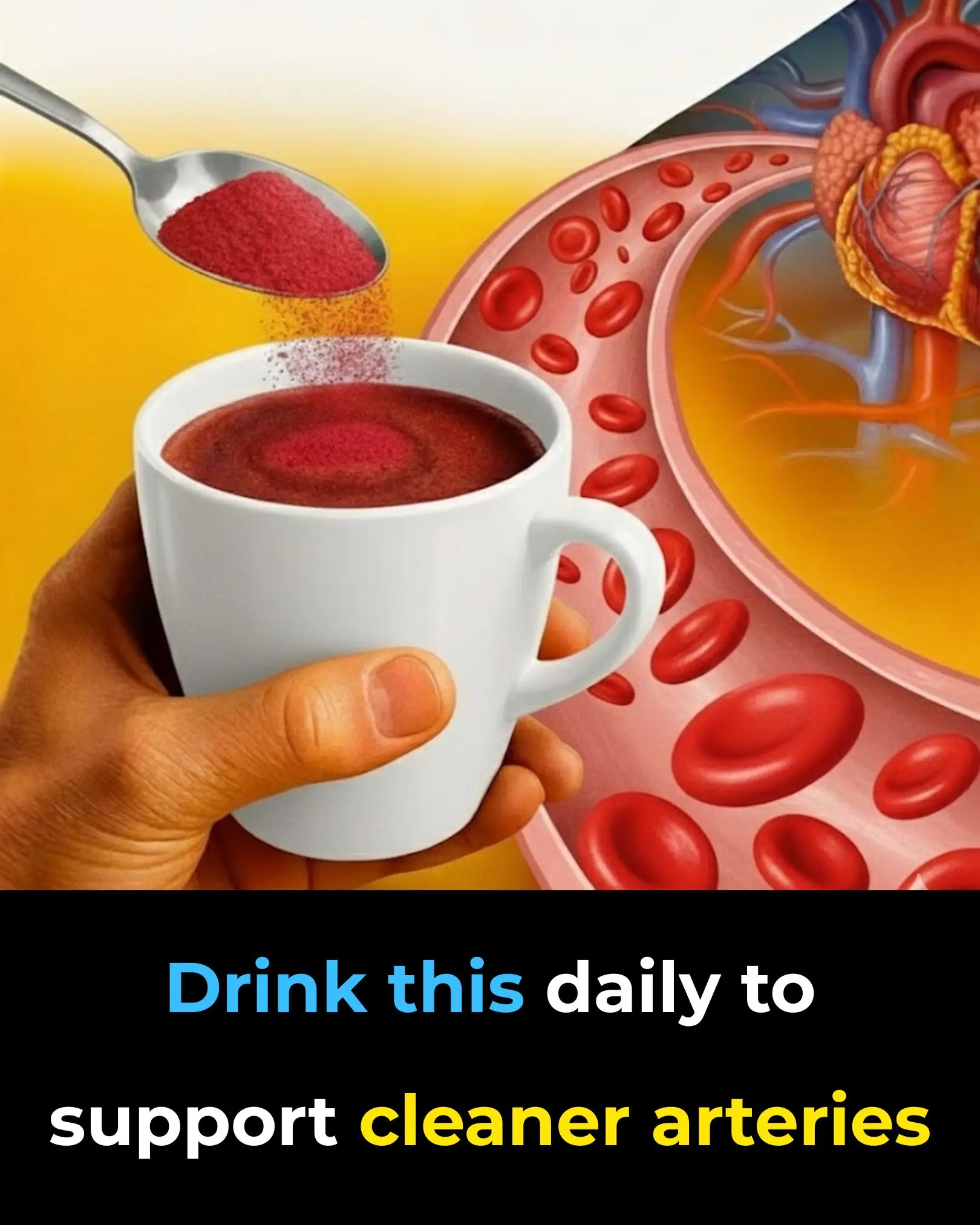
Drink this daily to support cleaner arteries

The Surprising Benefits of Foot Massages …More Than Just Relaxation
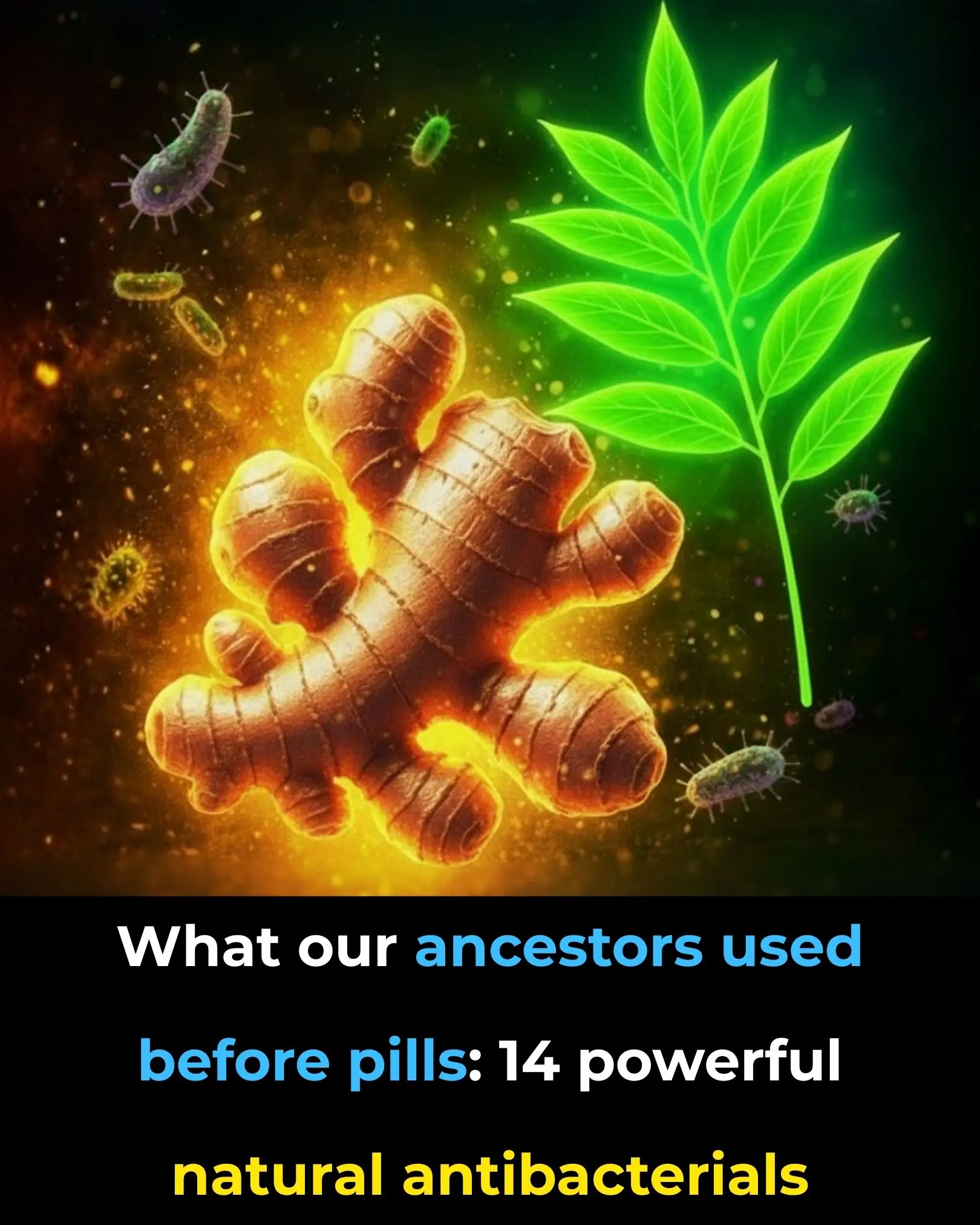
14 Best Natural Antibiotics Our Ancestors Used Instead of Pills
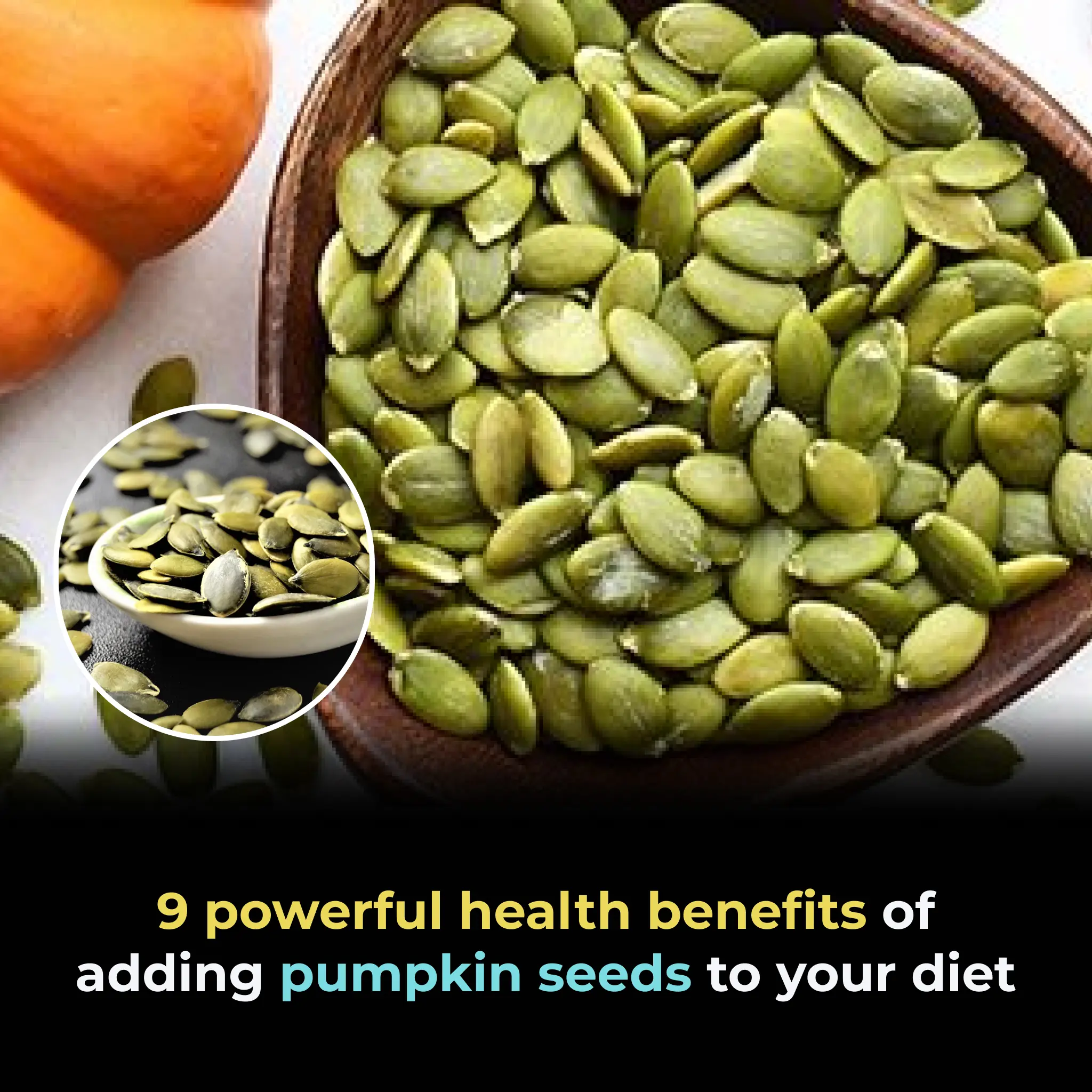
9 POWERFUL Health Benefits of Adding Pumpkin Seeds to Your Diet

Knowing These 12 Symptoms of a Stroke Can Save Your Life

6 fruits that help your body fight cancer cells naturally

Early Signs of Liver Damage You Shouldn't Ignore

If Your Nails Show These 10 Signs, See a Doctor Immediately

The 5 warning signs you may be taking too much magnesium, according to doctors

This Is What Happens to Your Body When You Start Eating Raw Garlic

4 Things Your Feet Could Be Telling You About Your Liver Health
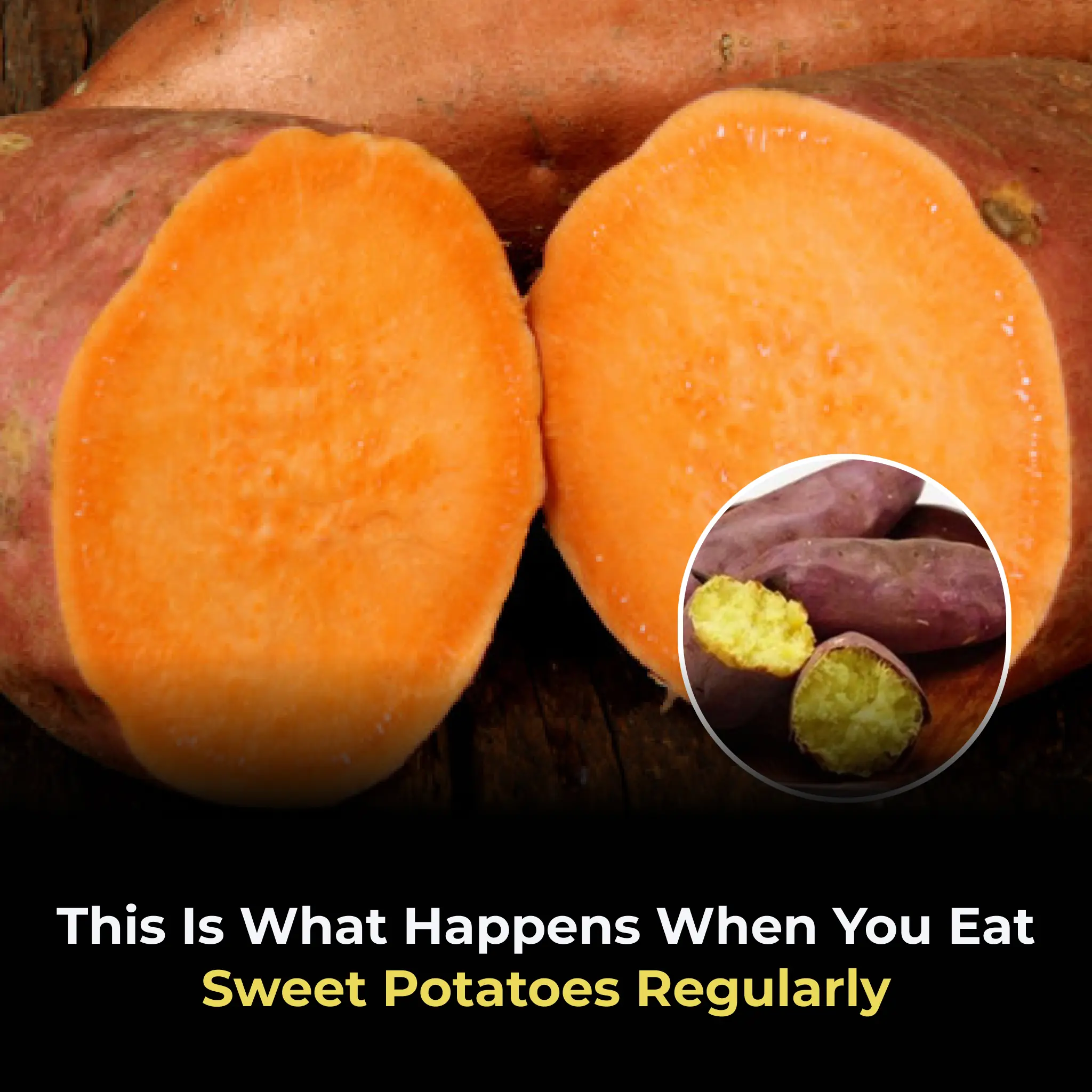
This Is What Happens When You Eat Sweet Potatoes Regularly
News Post

Unlock Radiant Skin: The Ultimate Guide to Using Beetroot Gel for Glowing, Spotless Skin

Fenugreek Seeds for Hair Growth: The Power of Fenugreek Hair Rinse and Its Benefits for Hair

Japanese Milk Wax To Get Rid Of Unwanted Facial Hair
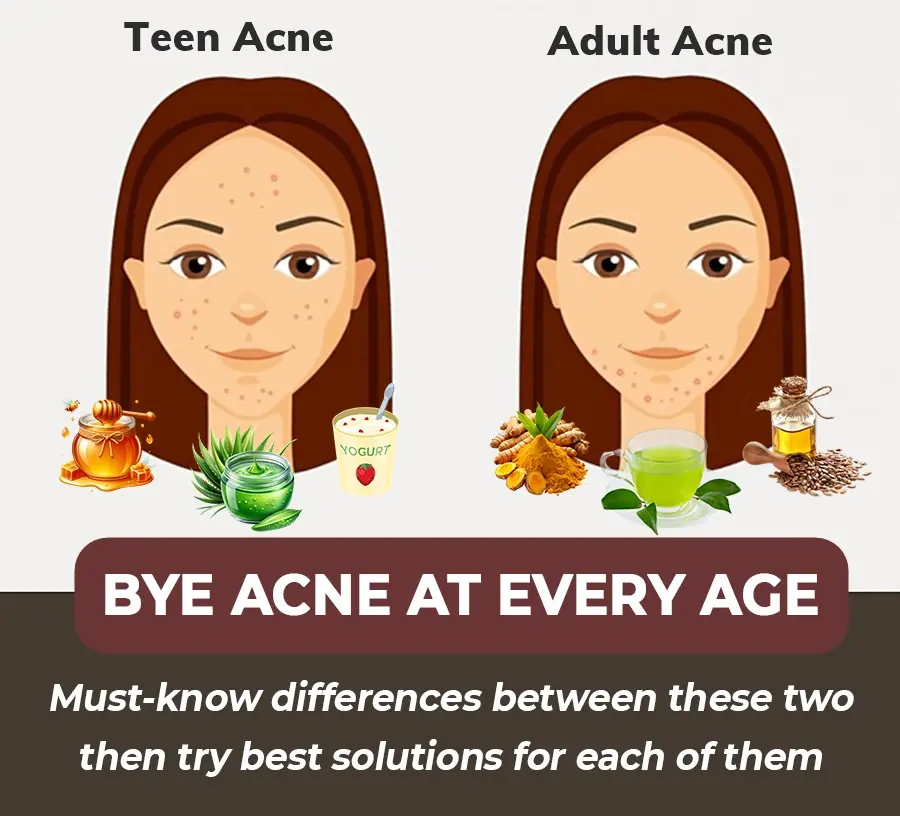
When Will I Outgrow My Acne? The Difference Between Adult and Teen Acne

5 Mascara Tips For Short Lashes

LEVEL UP YOUR LASH GAME: Top 5 Tips for Eyelash Extension Success!

Forehead Acne and What to Do About It

11 Common Eyebrow Mistakes Women Make in Their 60s (And How to Fix Them!)

How to Prevent and Treat Age Spots: Expert Tips for Radiant Skin

5 Ways Your Skin Changes as You Age and How to Keep It Vibrant

DIY Fenugreek Oil for Hair Growth – Get Thick Hair

Brow Boosting Serum: The Natural Way to Achieve Full, Thick Eyebrows
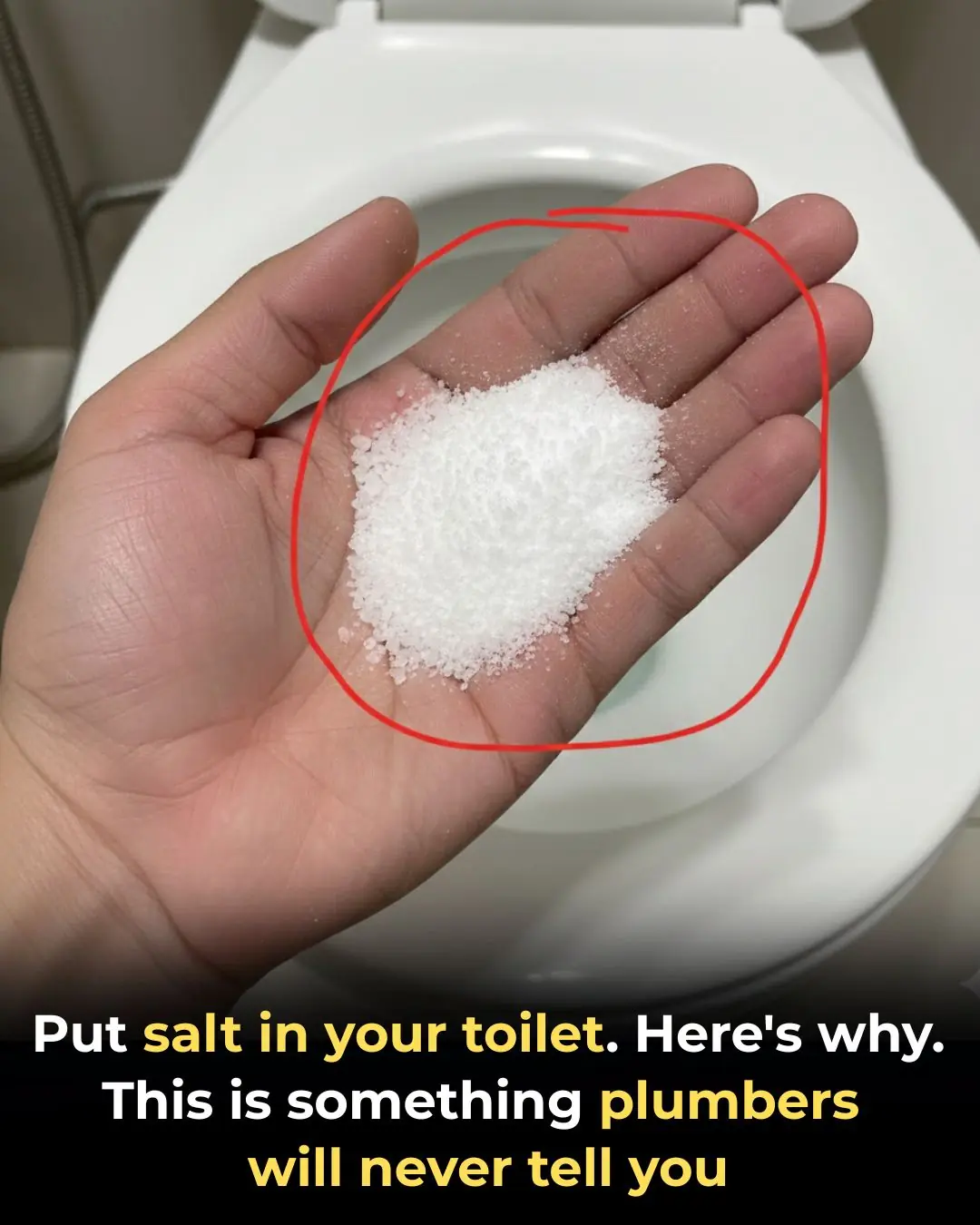
Why You Should Be Putting Salt in Your Toilet

Why Some Children Don’t Visit Their Parents Often

DIY Vaseline Cream: The 4-Ingredient Glow Hack That Makes Your Skin Baby-Soft Overnight
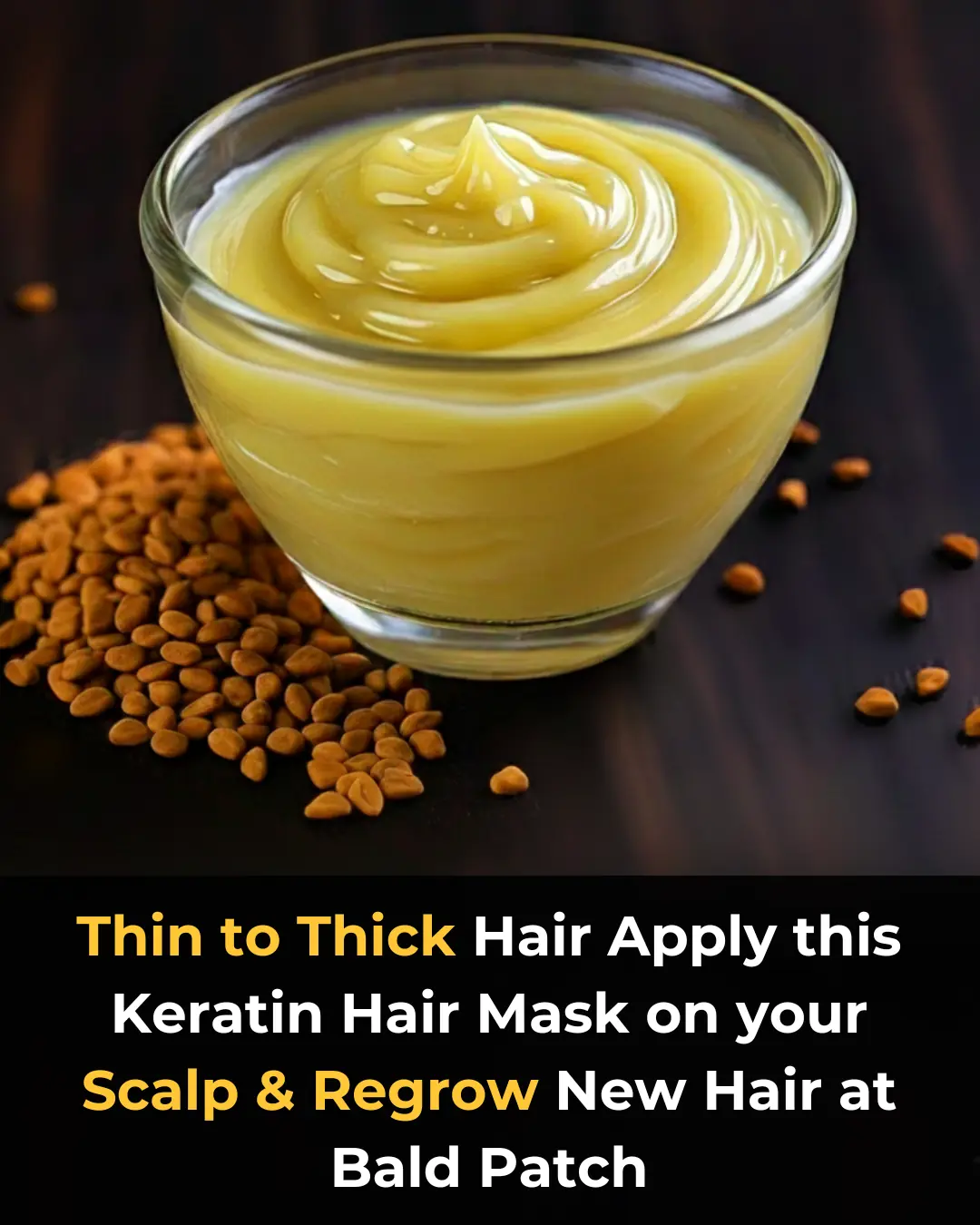
DIY Fenugreek Hair Masks for Hair Growth & Reducing Hair Fall

Will Americans Receive $2,000 Stimulus Checks? What You Need to Know

Revolutionary Miniature Implant Offers New Hope for Restoring Vision in Macular Degeneration Patients

A Simple Superfood That Enhances Your Baby's Brain Development During Pregnancy
